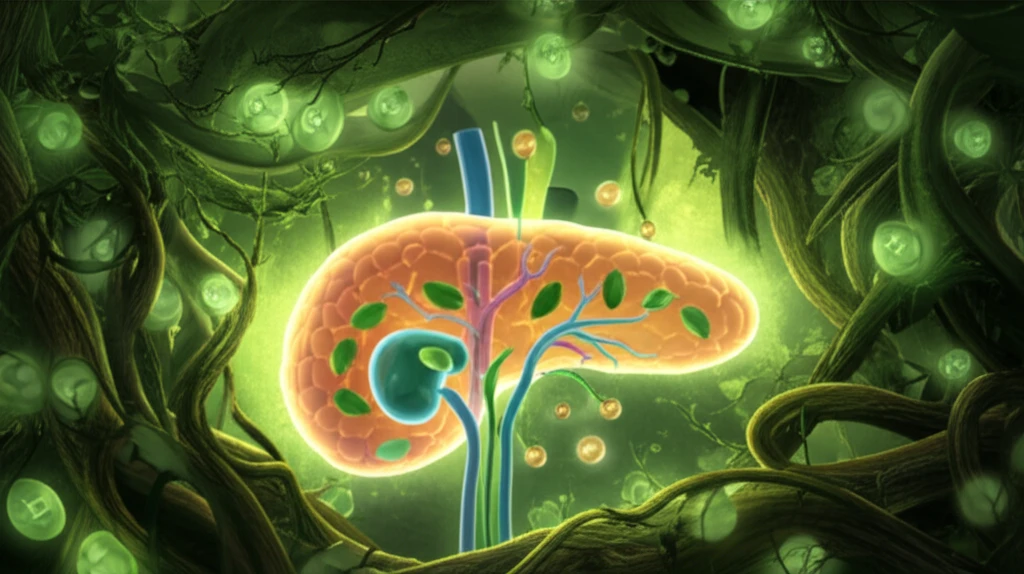
Unlock Nature's Pharmacy: Plant Extracts for Diabetes Management
"A comprehensive review reveals how phytochemicals can help regulate blood sugar and improve diabetes care."
Diabetes mellitus, a chronic metabolic disorder characterized by elevated blood sugar levels, arises from defects in insulin secretion, insulin action, or both. This condition disrupts the metabolism of carbohydrates, fats, and proteins, leading to long-term complications affecting the eyes, kidneys, nerves, heart, and blood vessels.
The global prevalence of diabetes is escalating due to population growth, aging, urbanization, and lifestyle changes such as increased obesity and physical inactivity. Current projections estimate a rise from 2.8% in 2000 to 4.4% in 2030, with a disproportionate impact on low- and middle-income countries where over 80% of diabetes-related deaths occur.
As conventional treatments can be costly and have side effects, researchers are increasingly exploring plant-derived compounds as alternative or complementary therapies for diabetes management. This review examines the role of various plant extracts and phytochemicals in mitigating diabetes, highlighting their mechanisms of action and potential benefits.
How Plant Extracts Combat Diabetes: Mechanisms Unveiled

Ethnobotanical data suggests over 800 plant species are used traditionally to manage diabetes, owing to their perceived effectiveness, reduced side effects, and affordability. These plant extracts influence various processes, either by stimulating or inhibiting reactions that help regulate blood glucose levels. While numerous plant extracts have shown promise, their mechanisms of action vary considerably.
- Regenerate pancreatic β-cells, which are responsible for insulin production.
- Enhance the interaction between receptors and ligands, thereby improving insulin production.
- Activate signal transduction pathways to boost insulin production and lower blood glucose levels.
- Modulate liver enzymes involved in converting sugar or limiting byproduct production.
The Future of Plant-Based Diabetes Care
The data presented suggests that plant extracts and phytochemicals hold promise for diabetes management through various mechanisms. However, further research is needed to fully understand their effectiveness in in-vivo conditions. Continued exploration of plant-based solutions could pave the way for new strategies in preventing and managing diabetes.
